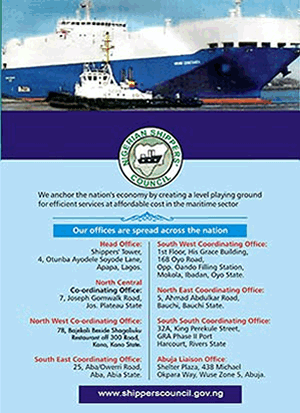
BY GODWIN OBI
The Federal Government has issued a stern warning to oil companies operating in Nigeria, demanding that they prove their commitment to host communities by delivering tangible corporate social responsibility (CSR) projects as required under the Petroleum Industry Act (PIA).
Chairman of the Revenue Mobilisation Allocation and Fiscal Commission (RMAFC), Dr. Mohammed Bello Shehu, gave the charge during a heated mediation session in Abuja between Sterling Oil Exploration and Energy Production Company (SEEPCO), Orient Petroleum, and their host communities in Anambra State.
The meeting, attended by the Nigeria Upstream Petroleum Regulatory Commission (NUPRC), was convened after repeated complaints by local residents who accused the oil firms of neglect and exploitation despite years of operations in their land.
Dr. Shehu did not mince words:
> “What we see here is not satisfactory. SEEPCO and others must go beyond paperwork. We expect to see roads, schools, hospitals, electricity, and jobs—not just deductions on paper. Anything less is unacceptable,” he declared.
The RMAFC boss further ordered SEEPCO to submit audited reports of its three per cent host community expenditure since the implementation of the PIA, warning that oversight visits would soon begin. “We will match reported deductions with real projects. Communities must feel the impact of oil production, or we will hold companies accountable,” he added.
Representatives of Ogwu Ikpele and Ogwu Aniocha communities painted a bleak picture of life in oil-bearing villages.
“Our people still live without good roads, schools, or hospitals while oil companies drill on our land,” said delegation leader, Mr. Esumai Patrick. “We want electricity, jobs for our youths, and projects that change lives. Nothing less.”
In response, SEEPCO’s representative, Barr. Emmanuel Ajang, insisted that the company had already commenced implementing its Host Community Development Trust and promised that projects would soon roll out.
Orient Petroleum, represented by Engr. Ayke Akuwezumba, defended its operations, revealing a shift of focus towards compressed natural gas (CNG) and liquefied petroleum gas (LPG) production in partnership with Cottonwooden Gas Refinery. He described the move as a “sustainable plan with long-term economic benefits.”
However, Executive Commissioner for Development and Production at the NUPRC, Mr. Enorense Amadasu, assured that regulators were not taking the firms’ promises at face value.
> “We are tracking their metering systems, their payments, and their community development projects. Compliance is not optional,” he emphasized.
For now, hope hangs in the balance as host communities await whether oil companies will finally match profit with responsibility — or if the cries of neglected villagers will continue to echo unanswered.
ADVERTISEMENTS:
















